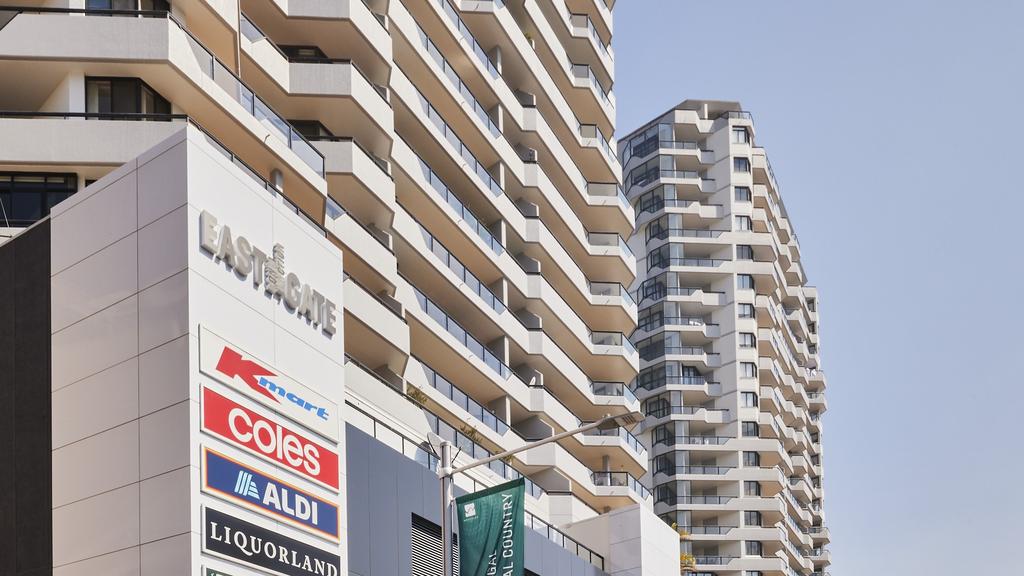Malls to draw in big capital as recovery beckons

The recovery of Australia’s top shopping centres is starting to resonate with big offshore capital players on the back of the rising population.
The recovery of Australia’s top shopping centres is starting to resonate with big offshore capital players on the back of the rising population, which is supporting the lift in underlying asset performance.
A new JLL report has identified the growing value proposition for retail property, which has seen maiden private buyers get into the market and more institutions coming off the sidelines.
Although syndicator activity accounted for much of the transaction volumes last year, with the likes of Fawkner, IP Generation and Haben dominating, there has been an influx of even larger core pools of capital looking to deploy in the sector.
JLL head of capital markets research Andrew Quillfeldt said shopping centre performance had continued to strengthen, which was coming through clearly in the operational metrics. “Re-leasing spreads are now positive across the sector and vacancy rates are trending down. Occupancy is supported by low levels of retailer insolvencies since 2020 and a rationalisation of retail store networks in the lead up to 2020,” he said.
The retail sector is also facing record-low new supply, with the development pipeline for 2024 and 2025 representing only 21 per cent of the decade average, prompting some institutions to look at returning.
JLL retail investments senior director Nick Willis said in the last three years, the retail market had witnessed an influx of maiden investors to the larger regional sized asset class, attracted to the relative returns. Buyers in this phase include Sentinel, which bought two major centres in NT and Queensland. It bought the NT’s Casuarina Square from GPT and its wholesale shopping centre fund in a $397m deal, and then picked up Caneland Central in Mackay from Lendlease’s Australian Prime Property Fund Retail for $280m.
More recent deals include Stockland Balgowlah selling for $155m, Eastgate Bondi Junction for $126.95m and Smithfield Central for $133m.
“A key trend over 2024/25 will be the increased participation from offshore capital looking to partner with experienced local managers to acquire assets,” he said. “This is already beginning to occur and giving weight to some of the rising local managers who were previously syndicators only, however now transitioning with the growing interest in the asset class from larger capital sources.”
The retail sector led the big repricing that hit property markets. Over the half to the end of December, book values across most A-REITs were hit by valuation falls, even though annual sales grew year-on-year.
JLL head of retail investments Sam Hatcher said the supply of institutional grade assets will be the greatest challenge for investors in 2024 as the formal supply pipeline – particularly for assets over $100m – remains thin.
“Off-market activity is expected to remain heightened over the course of the year as investors with a soundtrack record will often be able to unlock opportunities prior to vendors engaging the market,” he said.







